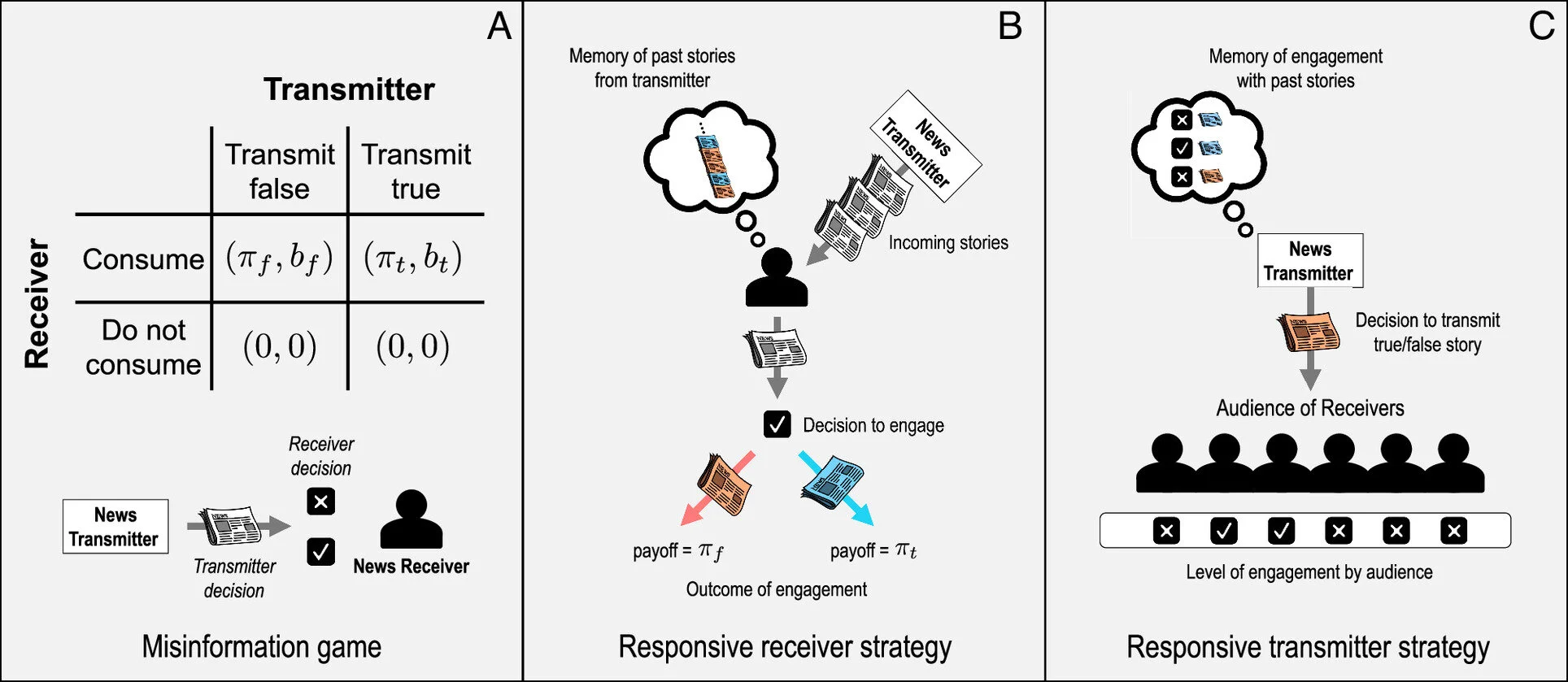“Our work demonstrates that while most people actually prefer to engage with and share factual information, when they are tired, overwhelmed, or just plain lazy(+), they’re less likely to think about the veracity of a news story, and can get stuck into habits where they click on more stories from sites producing misinformation.”
This effect can be particularly important when online media production focuses on a particular topic, for example during election cycles, leading to readers inadvertently clicking on links from sites they would not otherwise go to for their news content.(++)
(+) or stupid. They didn’t say that but it feels like they really wanted to
(++) like businessinsider.com
Mentioning a site’s url or name online increases their ranking in search engines and drives more traffic to the site
Did we really need studies using math and statistics to understand that
a) if you flood everything with shit, some gets through
b) it’s not an accident but an applied system to increase engagement (=clicks=money)
c) tired people are less attentive
“We know false news stories can spread more quickly than factual content,” says Alex, "and we know how damaging they can be to public discourse and trust in democratic institutions.
We absolutely don’t know that. If we did, then the way we’re handling news and information is disastrously insane.
I agree with it, I’m saying The Powers That Be don’t want us to change anything. It’s been that way since Reagan.
Fucking Reagan
Seconded - Fuuuuuuck that jelly-bean-eating bastard.
I do like jelly beans though.




